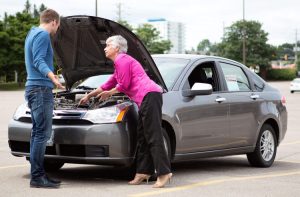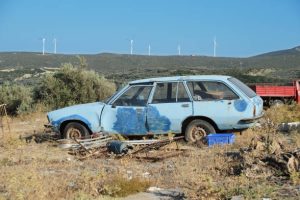
To achieve net zero greenhouse gas emissions, Massachusetts this week announced the requirement that all new vehicles offered in Massachusetts will be electric by 2035.
The Commonwealth is joining California in banning new diesel and gas vehicle sales, making it the second state to adopt such sanctions. More than 30 cities and countries around the world have proposed bans on the sale of vehicles powered by fossil fuels to reduce the risk of health hazards, achieving the targets for greenhouse gases and boosting energy independence.
“The people of Massachusetts are experiencing record droughts, increased risk of wildfire, severe weather, and flooding in our coastal communities,” according to the Governor. Charlie Baker. “The costly impacts of climate change are on display in the Commonwealth, making it critical that we take action.”
Other modifications, according to The Boston Globe, include the replacement of the homes’ gas and oil boilers and furnaces with electrified heating systems, cutting the distance that commuters drive by 15%, and the increase in offshore wind generation.
“Our ambitious net zero target offers us a great opportunity to build a healthier, more resilient Commonwealth, delivering significant benefits to our communities including clean, reliable energy, improved air quality, and new pathways for job creation and economic growth,” Lieutenant. Governor. Karyn Polito stated in an announcement.
Following a decade-long period of supporting renewable energy sources, Massachusetts emissions finally dropped to 20 percent below levels from 1990 in the last year, likely aided by COVID-19’s restrictions and stay-at-home orders. However, according to The Globe, in order to achieve Baker’s ambitious goal, states must adopt drastic measures, including limiting the number of miles and frequency that people travel, the kinds of vehicles they choose to purchase, and the way they heat and power their homes and offices.
“At a time when the nation and the world are grappling with a global pandemic, we are reminded that climate change presents a still greater long-term threat, and one for which there will be no vaccine,” Secretary of Energy and Environmental Affairs Kathleen Theoharides said. “Achieving Net Zero by 2050 will require deep change and out-of-the-box thinking, and this report underscores the importance of local and regional partnerships to build stronger, more resilient communities, nation-leading clean energy jobs, and a vibrant economy.”





